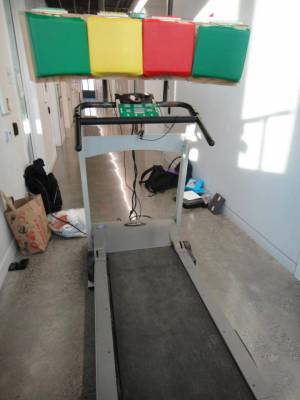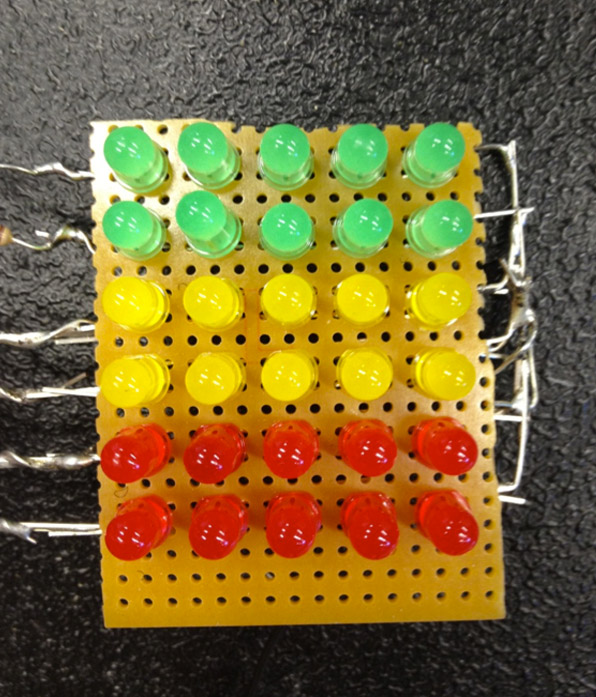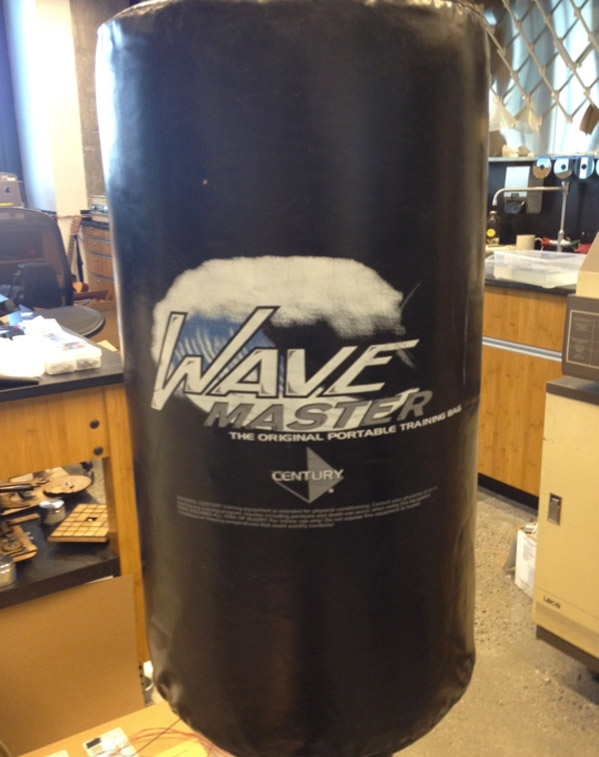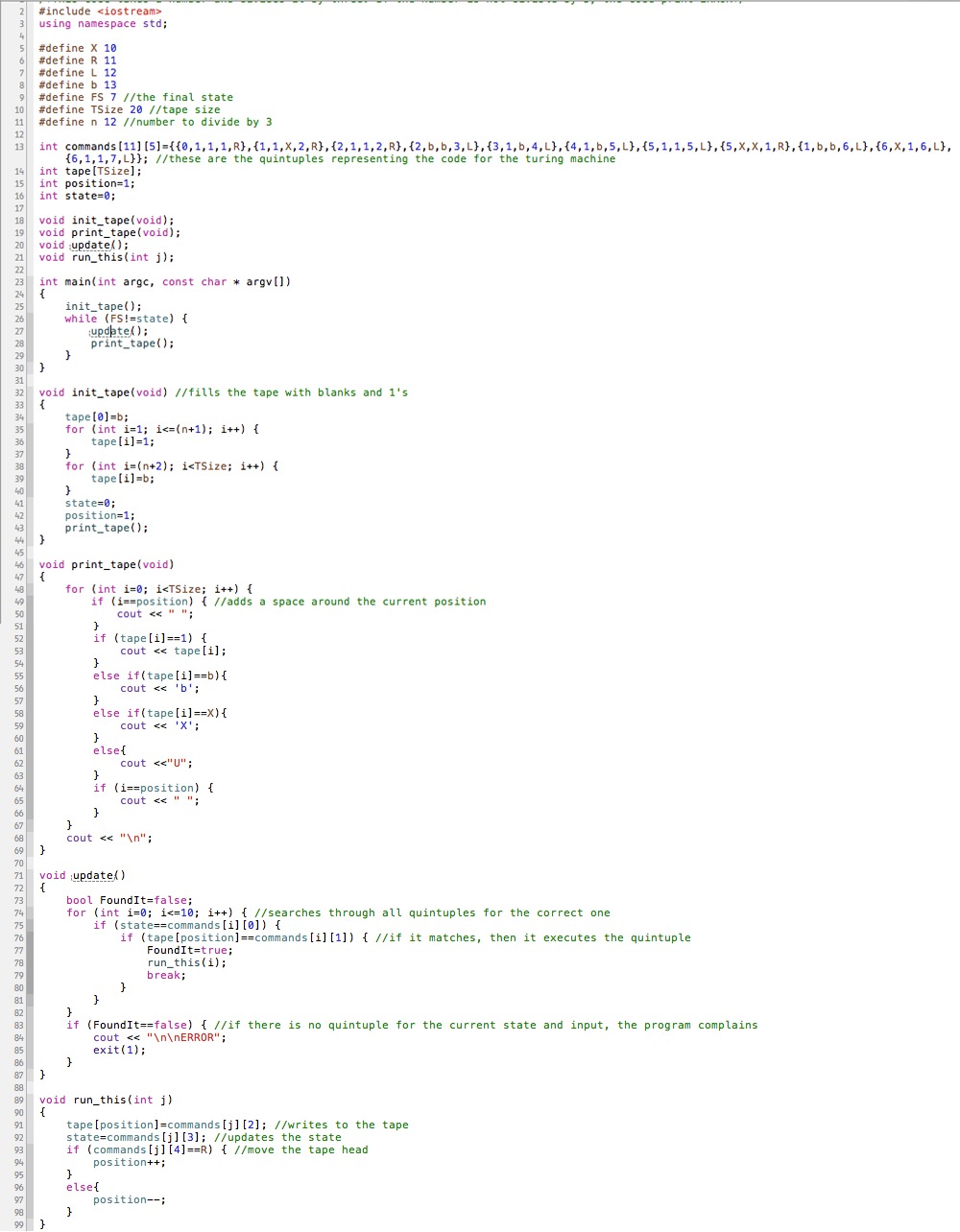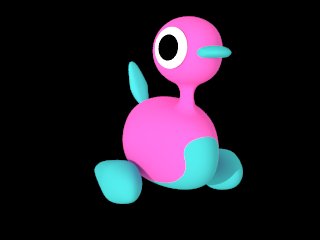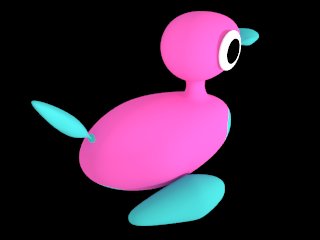Matthew Palmer
Hello, I'm Matthew Palmer, a mechanical engineer at Cooper Union
Projects
Here is a list of projects that I have worked on:
EID101
Hit N' Fit
The Hit N' Fit was created as part of EID 101 section D. This section was tasked with creating new exercise systems to combat childhood obesity. Our section split into three teams; I was on the Hit N' Fit team with Jonathan Au, Matthew Fu, Jenny Jung, Jackie Le, Shoshana Sigal, and Jeff Tam.
The Hit N' Fit is a combination of treadmill and a punching game. Each of the four punching pads has a row of lights above it. When the lights turn on, the users punches that pad, and earns point. This game makes exercising more fun and enjoyable for children.
Our team improved on the previous years design for the Nit N' Fit. We made the design safer, the game more enjoyable, and the system more reliable.
EID103
For EID103 my group designed and prototyped a punching bag game. In this game, the user is fighting an “opponent”. Every time the user punches the bag, some health is deducted from the “opponent”. when the health reaches 0, the user wins!The hits are detected by a pizeoresistive film on the punching bag. The “opponents” remaining health is displayed by a health bar.
Programming
I coded a program in C++ to simulate a Turing Machine. A Turing Machine is basically a simplified computer. It reads input from a tape, broken into cells. Each cell holds a value (like 0,1, or *) or is blank. Depending upon the input on the tape and the Turing machines code, it will do something. The code it executes is a set of “quintuples”. Each quintuple is written as (S,i,i',S',D). S is the current state, i is the input, i' is the output, S' is the next state, and D is the direction. The Turing Machine choose which quintuple to execute by finding the quintuple that matches its current state and input. The it writes the i' from the quintuple, goes to the state S' found in the quintuple, and moves left or right (depending upon the direction in the quintuple).
My program currently takes a number written on the tape and divides it by three, but it can be easily modified to do almost anything.
